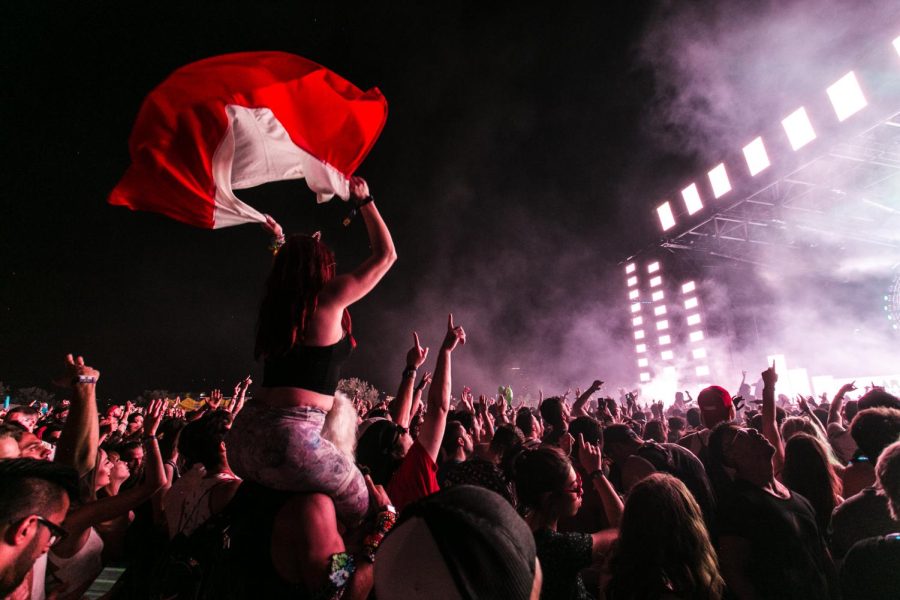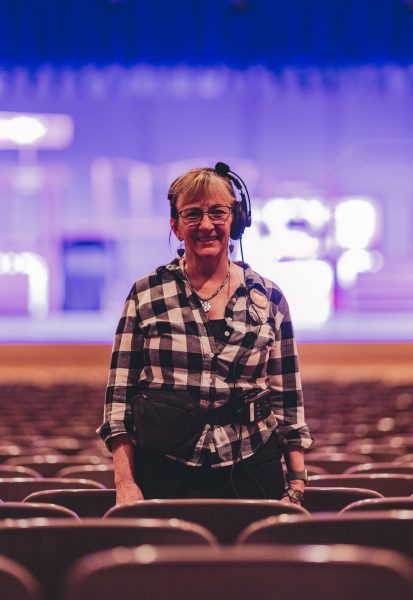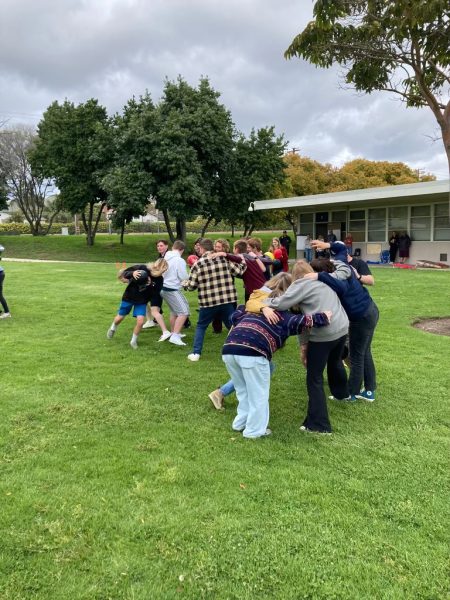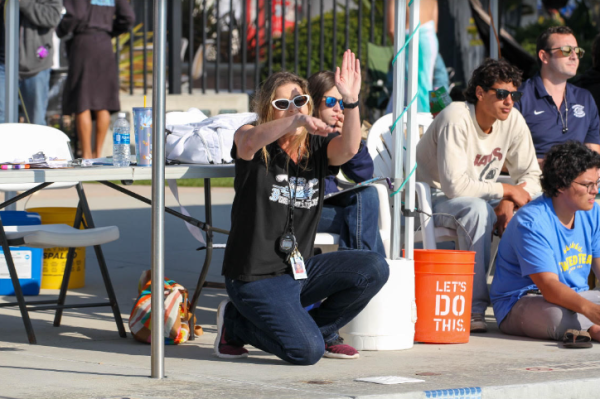Rise in concert camping brings controversy
Camping for concerts occurs predominantly because of a desire for a good view and access to good recording angles.
We have all seen them, for concerts, or Black Friday, or whatever other hot-ticket event in your area: the never-ending row of tents camped outside of a building for days on end. We have all known about camping for events, but only recently has it been the topic of so much controversy and debate. Recently, There have been many disputes regarding how moral, safe, and hygienic camping is, specifically at concerts.
Lauren Sanchez, a writer for the blog The Zillenial, believes that camping out in tents for days on end is hypocritical in major cities who punish the homeless for the very same thing.
“With laws in place to prevent people from camping on the streets and unhoused raids happening daily, it is problematic that this camping culture amongst fans is more acceptable and even more protected by security than those who turn to the streets for actual survival,” Sanchez said.
Aside from the moral hypocrisy, Sanchez also feels that the hours to days spent outside waiting for a spot is adding to the recent crisis of concerts having to be stopped to assist audience members that are dehydrated and/or fainting.
“Especially if you are camping alone and don’t want to leave your spot, it is extremely difficult to make sure that you are constantly hydrated and eating well,” Sanchez said.
There is also the concern of maintaining hygiene in confined spaces with limited resources. This is, admittedly, a smaller scale issue than health and safety, but is still something that has been brought up in many of these camping debates.
The biggest talking point for this aspect of the concert camping critique, is Harry Styles’ latest tour concerts. Senior Makayla White recently attended three of Style’s concerts, and her biggest concern while camping was the borderline violent competition that it created. Though she describes the environment as being “full of love,” there were certain moments where that atmosphere shifted.
“Once you are trying to get into a certain spot, everybody kind of becomes a different person for a minute because they are fighting,” White said.
On the opposite side of the argument, there are many who say that concert camping is good for fostering community relationships and is a healthy way for fans to show their dedication to an artist. Overall, White deeply enjoyed the experience of camping for the concert and her favorite part was that she got to share her excitement with the people around her.
..It [camping] adds to the fun of the concert because you get to know the people around you and make friends.
— Makayla White
“I wish you did not have to camp out to get good spots,” White said. “But at the same time, it adds to the fun of the concert because you get to know the people around you and make friends.”
World History teacher Michael Gianelli has attended hundreds of concerts, including some of the biggest artists of previous generations, such as The Rolling Stones and Pink Floyd. He says that camping culture has always existed, just in different forms.
Before things went digital, fans would camp out for days outside of record stores to get front row tickets. But now, the best tickets seem to go to whoever has the most money to afford it. Gianelli thinks that camping is a way to take back that opportunity of allowing the front row seats to go to fans who deserve them.
“[…] you have people in the front row who are not even that big of fans, they just have a lot of money,” Gianelli said. “They are sitting in the front row and they are not into it as much as someone who camped for three days and ate Top Ramen cold in order to get those seats.”

Madysen Hawley is a senior in her third year of journalism. She enjoys listening to music, going to concerts, crocheting, and watching football.












